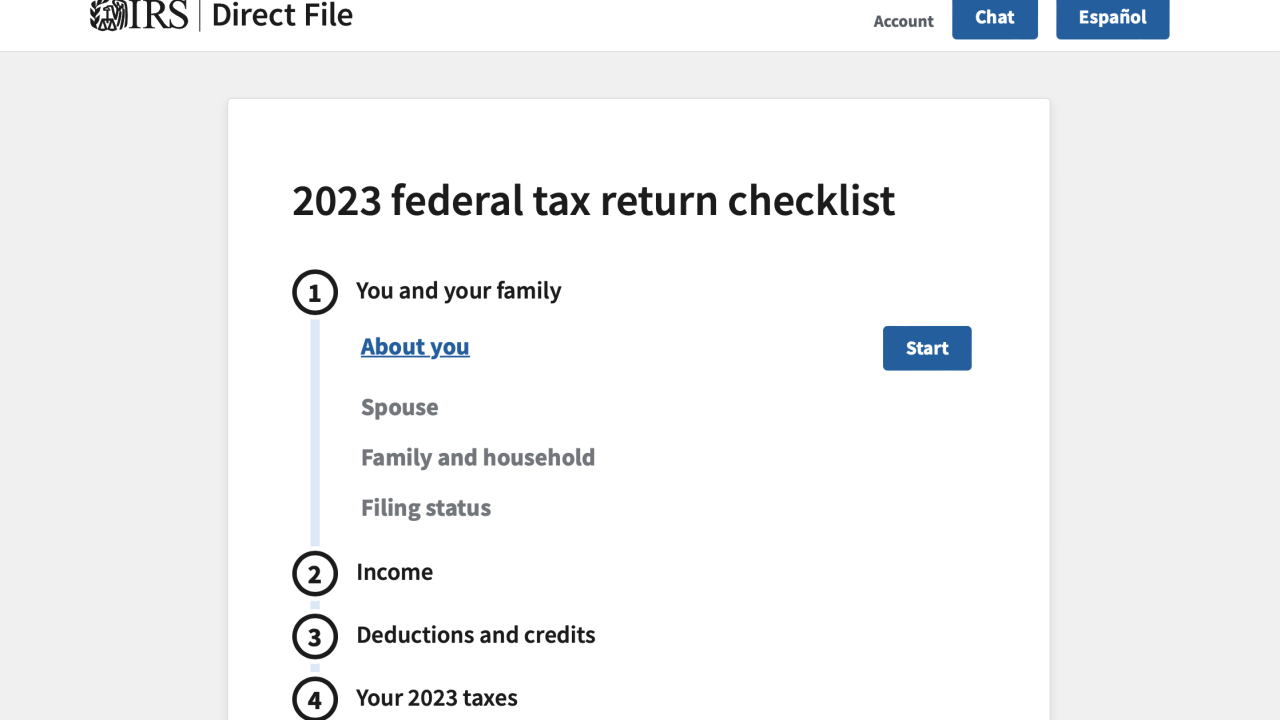| |
Washington, (Dec. 9, 2002) -- The Internal Revenue Service's proposed tax shelter regs, set to go into effect Jan. 1, 2003, could have adverse impact on middle-market companies, according to Grant Thornton, a leading national accounting firm.In comments to the IRS, Grant Thornton singled out two areas of special concern. "The first area concerns the revised regulations language on contractual provisions, or transactions where taxpayers have contractual protection against the risk that the IRS or a court will deny the tax benefits they have claimed," said Mark Stutman, managing partner of Grant Thornton Tax Practice.
"Grant Thornton is of the position that the contractual protection provisions are arguably broad enough to include contingent fee arrangements. Contingent fees encourage tax advisors to provide services in an efficient and effective manner and are already permitted under IRS Circular 230, which provides the rules for practice before the IRS. Contingent fee arrangements are particularly valuable to middle-market firms to whom the advisor's fee constitutes a significant expense."
The "Time of Providing Disclosure" provisions are also a concern. According to Grant Thornton, they require the disclosure of reportable transactions, even in the event that the transaction becomes reportable after federal tax returns have been filed for all years in which the transaction affects the taxpayer's tax liability. "The problem is that no period of limitations has been established during which a taxpayer must report a transaction that becomes reportable after returns have been filed. This places an undue burden on middle-market companies, with small internal staffs, and may penalize them for a failure of organizational memory," said Stutman.
-- Electronic Accountant Newswire staff





